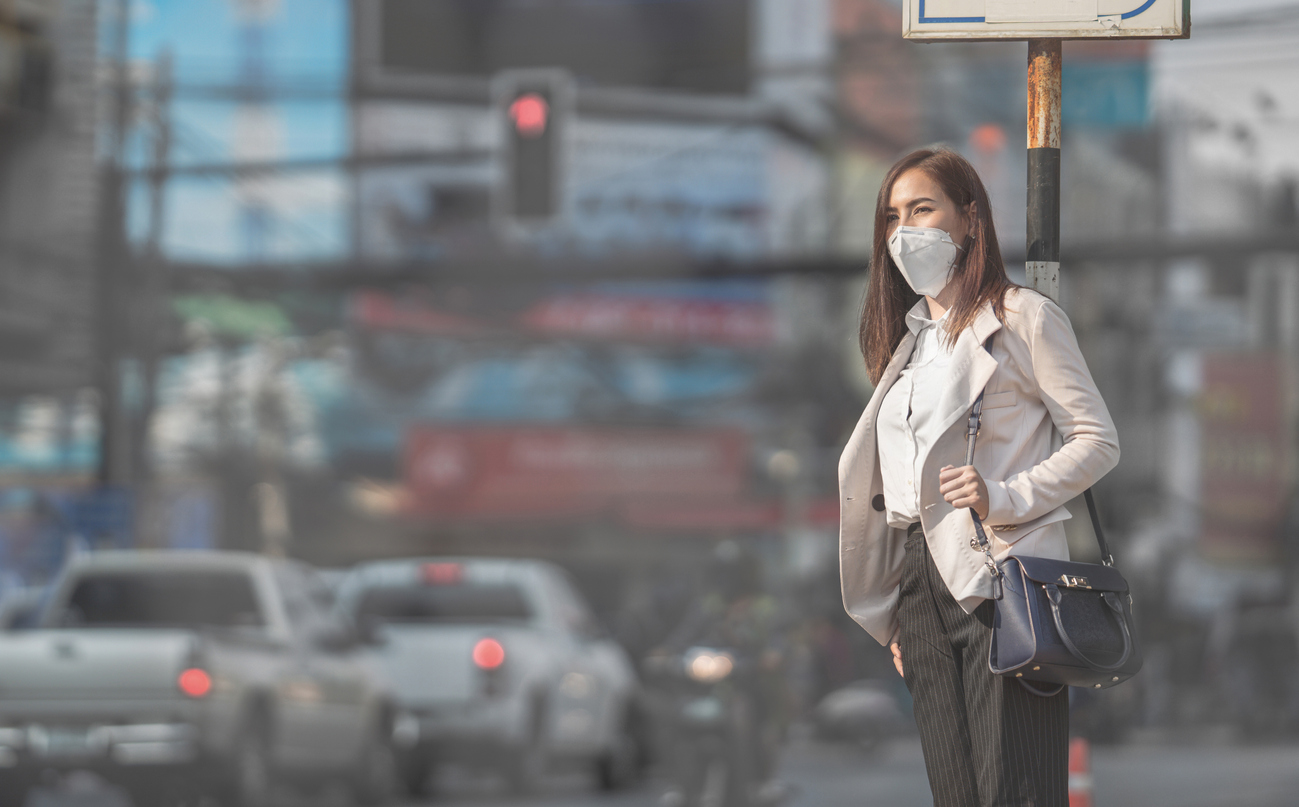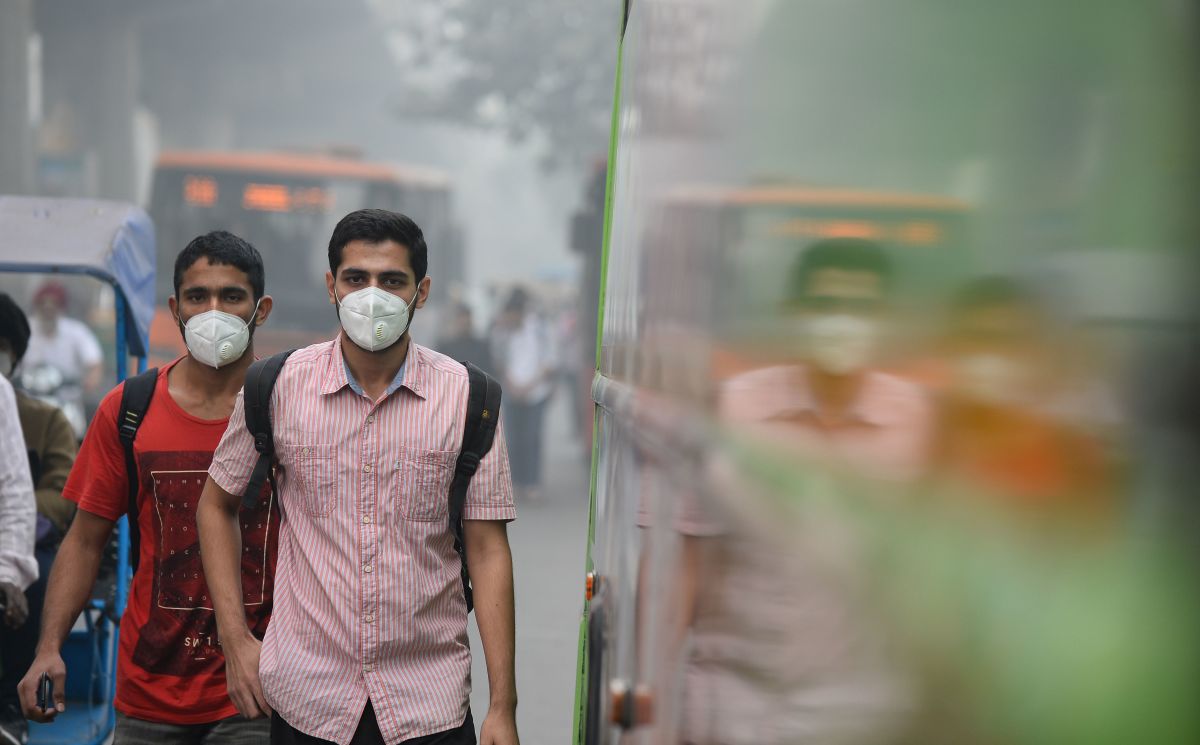Can You Really Beat Air Pollution With Masks? 5 Pros And Cons

Can You Really Beat Air Pollution With Masks? 5 Pros And Cons
Air pollution has become an epidemic throughout the world, especially in China and India, where toxic smog regularly hangs in the air, making breathing dangerous.
The World Health Organization (WHO) estimates that some 7 million deaths in 2021 were caused by air pollution. Many people have turned to wearing masks that purport to protect against harmful substances in the air, but do they work?
This article offers some insight into whether you can beat air pollution with masks or if you’re better off leaving them at home.
Can You Really Beat Air Pollution With Masks
There are few options for beating air pollution. Anti-pollution masks filter out fine particulate matter that many breathe in daily, especially during cold weather.
Wearing an inexpensive surgical mask won’t save your life, but it might help you avoid a headache or two. However, wearing one can easily become a self-fulfilling prophecy: people who think they will get sick because of air pollution experience negative health effects just from wearing masks.
Pros Of Wearing Anti-Pollution Masks
Help You To Breathe Better
Polluted air can cause a slew of breathing problems, so wearing an anti-pollution mask can help you breathe better. Clean air is healthy for your lungs and your overall health.

Protect Your Lungs From Irritants
When you wear an anti-pollution mask outdoors, it filters out contaminants from inhaled air before they enter your lungs.
Protection Against Bacteria And Fungus
When pollution is high, we are at risk of contracting lung infections. Wearing an anti-pollution mask can provide a layer of protection against bacterial and fungal infections.
Increasing Lung Capacity
A major benefit of wearing an anti-pollution mask is that it increases lung capacity. With your respiratory system not taking in as much dust and pollution, you can take deeper breaths.
Helps Prevent Long Term Side Effects
Air pollution exposure is dangerous for our long-term health, so it’s important to wear an anti-pollution mask when you’re in a city with high air pollution. By filtering out small particles and other air pollutants that affect your lungs, wearing an anti-pollution mask can help you avoid both acute and chronic effects of exposure.

Cons Of Wearing Anti-Pollution Masks
Some Materials Are Uncomfortable On Your Skin
Not all anti-pollution masks are made from skin-friendly materials. Some masks are quite itchy and unpleasant to wear and can make you feel like you’re wearing a layer of plastic around your face.
You Can Get Too Hot Easily
Though anti-pollution masks are designed to keep out harmful particles, they aren’t equipped to prevent body heat from escaping. A mask traps warm air near your face, making it harder for you to cool down when temperatures rise.
It Can Be Difficult To Breathe Through
Many anti-pollution masks are designed to filter out small particulates such as dust, meaning they can be restrictive when taking in air.
Festers Bacteria
The inside of a mask can be a breeding ground for bacteria and germs that have no place on your face.

It May Be Expensive For Some People
Although anti-pollution masks can be quite inexpensive, not all brands are cheap. Some high-end models may cost over $100 per mask.
Our top pick for an anti-pollution mask would be the Airweave Merino mask from AusAir. It comes in at under $70, is lightweight, comfortable, breathable, suitable for hot weather, and provides 99%+ filtration of viral, bacterial and PM0.1.




